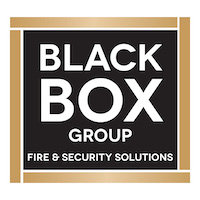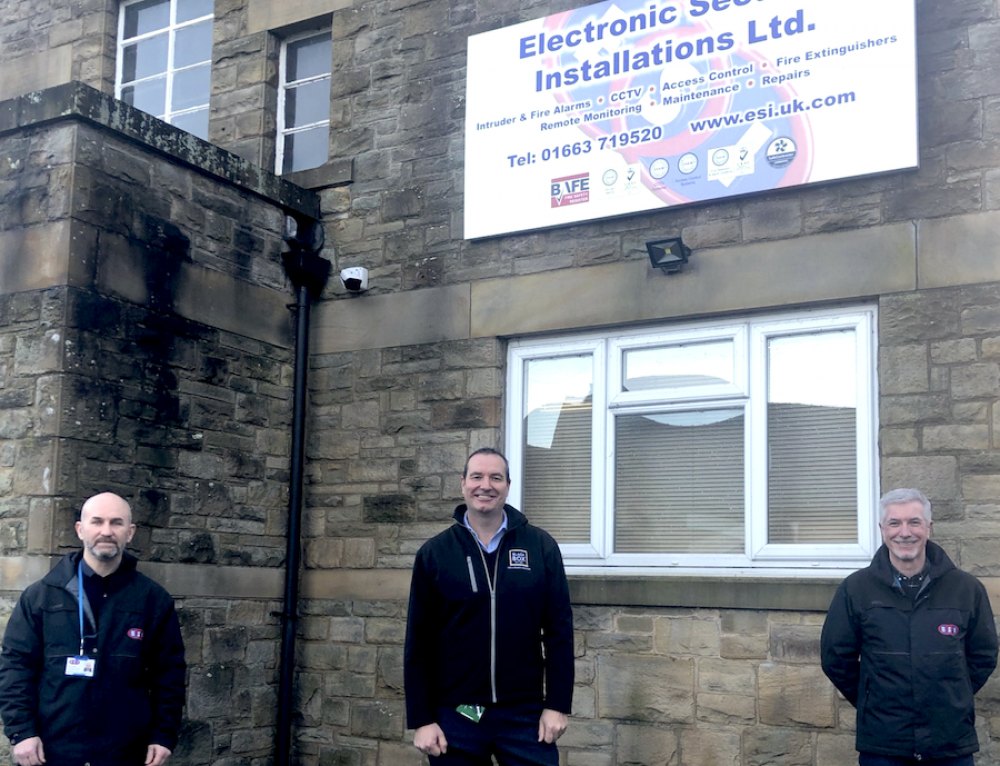IP-CCTV is often specified as the most up-to-date option, but is it all it’s cracked up to be?
The latest architect’s tender document on our desk today got us talking again about IP-CCTV*;the latest buzz phrase in the world of CCTV. *internet-protocol CCTV
In the UK less than 5% of CCTV is IP based, compared to around 20% in Central Europe. This is often cited as proof that the UK is lagging behind. However, as with all statistics, dig a little deeper and it is clear that this figure is distorted by the huge number of legacy systems in the UK. The truth is that the UK has been ahead of the field for many years in the world of CCTV.
The theoretical advantage of IP-CCTV is that it uses the existing infrastructure (i.e. it plugs into the existing network) thereby removing the need for separate cabling. This theoretical cost saving is supposed to more than off-set the increased cost of the IP cameras (which are 3 or 4 times the price). The reality however, is a huge amount of data being constantly passed through the network causing problems with the operating speed of the clients’ computer systems. The solution is back to separate cabling which negates all cost savings and ultimately results in a very expensive system.
Another possible solution is to specify de-centralised IP-CCTV using Edge Technology. This involves installing an SD card in every camera. These cameras record at Hi-Resolution, but on the down-side only send the lower quality observational grade images to the central point, resulting is a less impressive solution. On the plus side, the cameras will continue to record for around 2 days if the network fails.
Another consideration is choice. Digital CCTV is a saturated market; there are 100’s of cameras to choose from, meaning that all applications are covered. In addition Digital CCTV is open-protocol meaning that equipment from different manufacturers can be combined to design a truly bespoke system. Open-Protocol means that digital systems are easily upgraded at a later date and can take advantage of any advances in camera technology.
Whilst some IP-CCTV suppliers are currently open-protocol, the large manufactures such as Samsung are producing closed protocol IP-CCTV. This means that clients are tied to one manufacturer, which limits choice. In addition, whilst some suppliers are still offering the software licences free of charge, not all are. There are no assurances that protocols will not be further closed.
In summary… IP-CCTV might not be the ideal solution after-all. We are currently recommending a “watch and see” approach!



